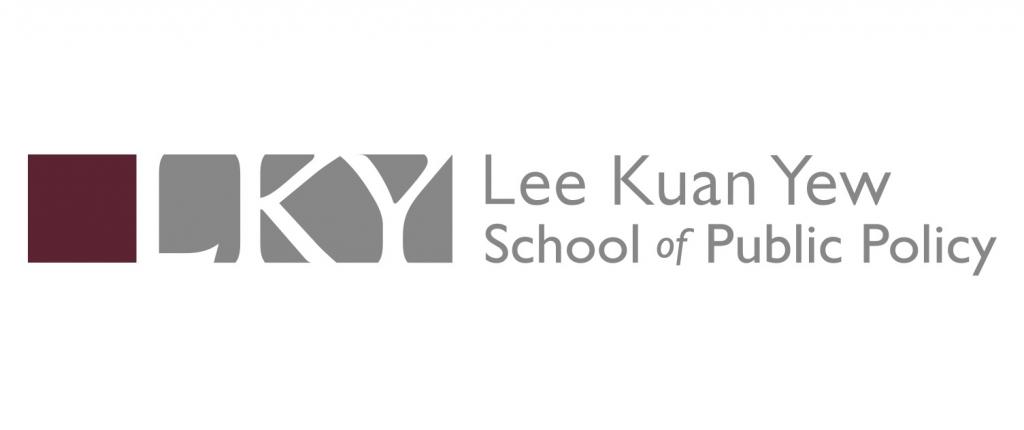Thank you for your message. The IPPA team will get back to you shortly. You first need to login here.



Recent emerging technologies – such as AI, Robotics, Autonomous Systems, 3D printing, blockchain technology, 5G, augment and virtual reality, and the Internet of Things – and their promotion and adoption through concepts such as E-government, platform economy, E-commerce, E-health, E-learning, Fintech, Smart cities, have triggered changes that are threatening existing markets, social and political orders. The heightened pace of these emerging technological innovation combined with the challenges of COVID-19 poses severe challenges to governments, which must cope with the disruptive speed and scope of the transformations occurring in many areas of social life as well as facing the social and economic uncertainties due to the global pandemic.
While these new technologies offer opportunities for improvements to economic efficiency and quality of life, they also generate many unexpected consequences and pose new forms of risks. Government responses to emerging/disruptive technologies must consider citizen’s safety, privacy, and security as well as protection of their livelihood and health. But regulating and governing these technologies is challenging due to the high level of technological and economic uncertainty that surrounds them and their deployment, particularly in the current climate. This situation is aggravated in most instances as the beneficiaries of these technologies – the investors, producers, and users – do not bear the costs of their risks, transferring them instead to the society at large or to governments.
To enhance the benefits from these disruptive technologies while minimizing the adverse risks they pose, governments around the world need to better understand the scope and depth of the risks posed and design and establish regulatory and governance structures which effectively deal with these challenges. Scholars have proposed ideas such as anticipatory and adaptive governance, responsive regulation, stakeholder engagement and inclusive decision-making, regional and international cooperation, capacity building as some of the key approaches to address these issues.
In the technology panel, we will discuss issues such as:
• Digital transformation, how it creates value and prosperity for the economy and society, and how to promote it;
• Risks, uncertainties, and unintended consequences of novel technologies for the economy and society;
• Examinations of the relations between new technologies with incumbent industries, particularly in SEA;
• The opportunities and challenges of digitalization in light of the COVID-19 pandemic;
• The hypes and realities of smart city developments, and the pros and cons of the heavy involvement of the private sector in smart city developments;
• The impact of rapid technological adoptions in terms of inequality, discrimination, bias, accountability, transparency, responsibility, and liability;
• The way forward for effective governance of disruptive technologies
You may visit the LKYSPP Facebook LIVE page on 10 November 2020, 5.15 – 6.30 pm SGT to view the live stream and share your comments and questions.
For more information please visit LKYSPP website.
For inquiries, please contact LKYSPP Events Team via email: lkyschoolevents@nus.edu.sg


Thank you for your message. The IPPA team will get back to you shortly. You first need to login here.